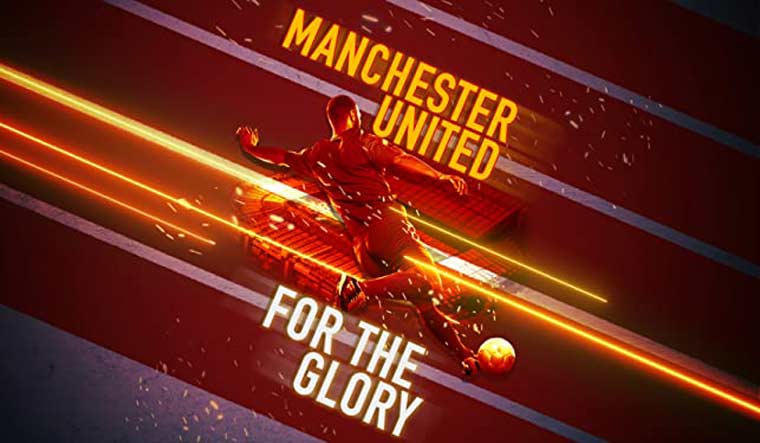Arrogant. Ill-informed. Gullible. These words can be attributed to a lot of millennial Manchester United fans and most of the club's Gen Z supporters that I have come across—a few 100 in the real world, many more in the virtual. Of course, the experience of the past seven years have been humbling—United have not come close to winning the Premier League since legendary manager Sir Alex Ferguson retired in 2013. But, these fans still strut about as if their club is dominating the football world. They mock Manchester City for having no history; for "buying success". It seems then that a history lesson is in order.
United were founded in 1878, City in 1880. Till World War II, both clubs had won exactly three major honours—two first division titles and one FA Cup for United and one first division title and two FA Cups for City. While United was a yo-yo club, City managed to get relegated the very next season after winning its only league title of the period. But, post WWII, United went on to become a global phenomenon, while City were pushed into the background (until recently). The reason: Sir Matt Busby. As a player, Busby had played for City and Liverpool. In 1945, he took over as United manager, after coming close to taking the reins at Liverpool. We can only speculate on how things would have turned out had Busby chosen the Reds over the Red Devils. But, he did not.
Also Read
- Marcus Rashford to Barcelona until Alexander Isak could be Robert Lewandowski's replacement: Report
- Ex Barcelona captain to Saudi to Manchester United's Inter Milan target, 6 January transfer rumours to follow!
- West Ham wants Manchester United's Marcus Rashford to play under Graham Potter: Report
- Garnacho, Mainoo 'leaving' Manchester United, Ruben Amorim has new 'untouchables' at Old Trafford: Report
- Manchester United will sell Alejandro Garnacho to Cristiano Ronaldo's famous rival club? Kobbie Mainoo to join Chelsea: Report
Instead, he established a dynasty that would go on to become the "world's most supported football club" (650 million fans as per the club's claims). United's illustrious history was built on the efforts of many like Busby and Ferguson. It would be wrong to forget the heroes, close calls and the process of achieving greatness. It would be a sin to not learn more about the tragedy in the club's past and its profound impact. So, as club legend Ole Gunnar Solskjaer tries to steer United back to greatness, it is vital that fans be educated about the club's DNA.
The documentary, Manchester United: For The Glory, does exactly that. Now available in India on Discovery Plus, it manages to capture the essence of the club's 142-year history in just over an hour. That in itself is a significant achievement, but what is more impressive is that it manages to give due importance to the Munich air disaster amidst its breakneck narration. Things slow down as we reach this part and we see firsthand, through a collection of meticulously curated footage, the impact it had on the club and those around it. Even neutral viewers could find it difficult to remain unaffected as we see the "Busby Babes" cut down in their prime.
The documentary highlights United's early focus on European competition. At a time when other clubs and the administration in England saw European games as a distraction, United was already branching out, thinking of representing England abroad. This early initiative is perhaps one of the contributing factors to the club's current global fan base. For The Glory does not shirk away from addressing the club's struggles and its barren years. The start of the Ferguson years is peppered with rare footage. How the "serial winner" from Scotland took United to new heights forms most of the rest of For The Glory. Pay close attention to Cristiano Ronaldo's signing and you will see what was different about the club then.
The only major criticism I have of For The Glory is also, unfortunately, a horrific mistake. The date shown for Ferguson's retirement speech is 2008, five years too early. The use of stock footage at some parts is extremely irritating. It should have been avoided. The same goes for repetition of footage—when I noticed it first, I thought I had accidentally scrolled back to an earlier point in the video. The documentary, perhaps understandably, skips over the current owner-related issues at the club, but it does mention the 2005 protests against the Glazer takeover. In short, for true fans, For The Glory offers the chance to look back and celebrate, for all others it is a short summary of United's rich history.







